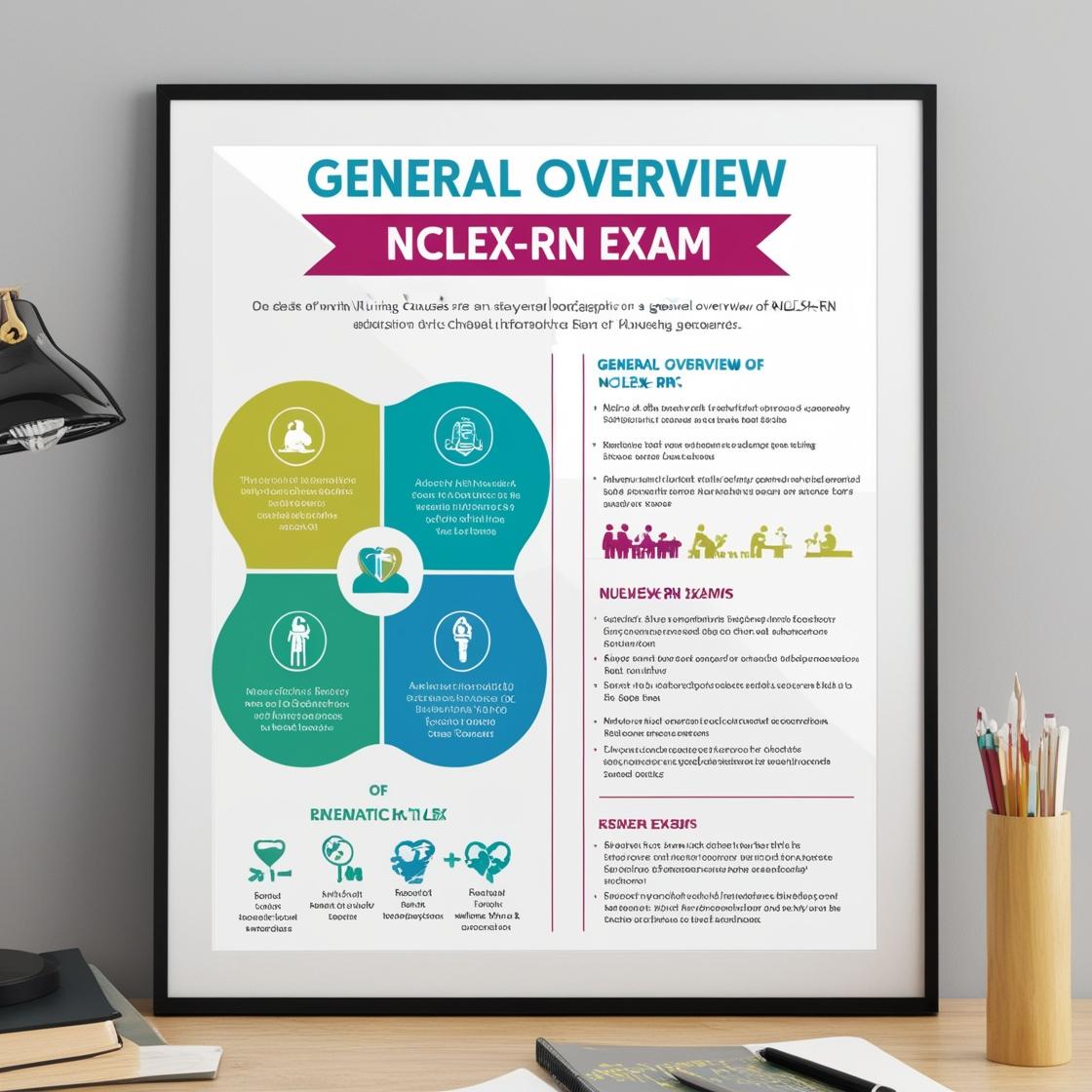NCLEX-RN
Psychosocial Integrity NCLEX PN Questions
1. A newly diagnosed client with human immunodeficiency virus (HIV) comments to the nurse, 'There are so many rotten people around. Why couldn't one of them get HIV instead of me?' Which statement is the nurse's best response?
- A. 'I can understand why you are afraid of dying.'
- B. 'It seems unfair that you contracted this disorder.'
- C. 'Do you really wish this disorder on someone else?'
- D. 'Have you thought of speaking with your religious adviser?'
Correct answer: B
Rationale: The client is expressing feelings of unfairness and questioning why they have HIV. The nurse's best response is to acknowledge the client's emotions. Choice B, 'It seems unfair that you contracted this disorder,' reflects empathy and validates the client's feelings, which can help them move towards acceptance. Choice A, 'I can understand why you are afraid of dying,' introduces the topic of death, which may not be the primary concern at this stage. Choice C, 'Do you really wish this disorder on someone else?' is judgmental and could induce guilt in the client. Choice D, 'Have you thought of speaking with your religious adviser?' deflects the conversation and does not address the client's current emotional needs.
2. A client recently had an abdominoperineal resection and colostomy. While the nurse changes the dressing, the client states, 'You think that it looks repulsive.' The nurse identifies that the client is using which defense mechanism?
- A. Projection
- B. Sublimation
- C. Compensation
- D. Intellectualization
Correct answer: A
Rationale: The correct answer is Projection. Projection is the defense mechanism where unacceptable feelings and emotions are attributed to others. In this scenario, the client is projecting their own feelings of repulsion onto the nurse. Sublimation involves substituting socially acceptable feelings to replace threatening ones. Compensation refers to overachievement in a different area to cover up a weakness. Intellectualization is the use of mental reasoning to avoid facing emotional aspects of a situation.
3. A 9-year-old boy is told that he must stay in the hospital for at least 2 weeks. The nurse finds him crying and unwilling to talk. What is the priority nursing care at this time?
- A. Assuring him that his illness is not permanent
- B. Distracting him to prevent further embarrassment
- C. Arranging for him to receive tutoring immediately
- D. Providing privacy to allow him to express his feelings
Correct answer: D
Rationale: The priority nursing care for a 9-year-old child who is crying and unwilling to talk in the hospital is to provide privacy to allow him to express his feelings. Children need an opportunity to express their emotions in private, and talking about their feelings can be therapeutic. Assurances about the illness not being permanent may not be the child's primary concern at this moment. Distracting the child could give the impression that crying is wrong. Arranging tutoring does not address the immediate emotional needs of the child.
4. Under what patient conditions or situations are restraints sometimes used?
- A. As punishment when the patient is uncontrollable
- B. To prevent the patient from pulling their IV out
- C. When a patient is a danger to self and others
- D. Both B and C
Correct answer: D
Rationale: Restraints are sometimes used to prevent a patient from pulling out their IV or another life-saving tube and when the person poses a serious danger to themselves and/or others. Restraints are never used as a form of punishment. Choice A is incorrect because restraints are not utilized for punishment but for patient safety and care. Choice B and C are correct because they reflect the appropriate and necessary situations where restraints may be used in healthcare settings.
5. The parents of a gifted child note that their child has been showing signs of rebellion and acting out. Which is one important thing to teach the parents about gifted children?
- A. They need boundaries like any other child.
- B. Intense emotions require an outlet, not punishment.
- C. All discipline models approve of physical aggression.
- D. Gifted children should be allowed to freely express themselves.
Correct answer: A
Rationale: Gifted children, like all children, require boundaries to feel loved and safe. Setting boundaries helps in guiding their behavior and providing a sense of security. Punishment should be reserved for behavior that is unsafe or violates these boundaries. It is incorrect to assume that all discipline models advocate for physical aggression; discipline should be applied appropriately and in a non-violent manner. While it's important for gifted children to express themselves, this should be within the limits of acceptable behavior and not as a means to overstep boundaries or rules.
Similar Questions

Access More Features
NCLEX RN Basic
$69.99/ 30 days
- 5,000 Questions with answers
- Comprehensive NCLEX coverage
- 30 days access @ $69.99
NCLEX RN Premium
$149.99/ 90 days
- 5,000 Questions with answers
- Comprehensive NCLEX coverage
- 30 days access @ $149.99
